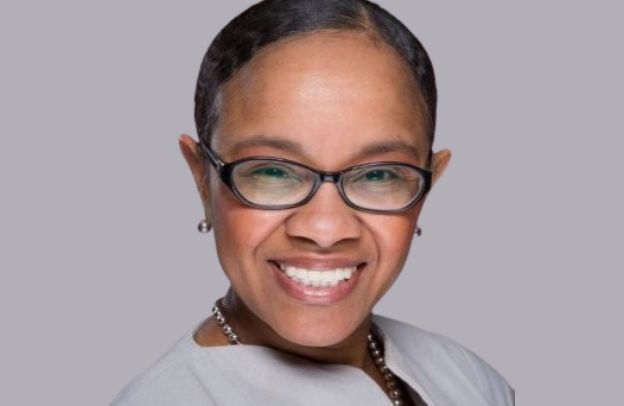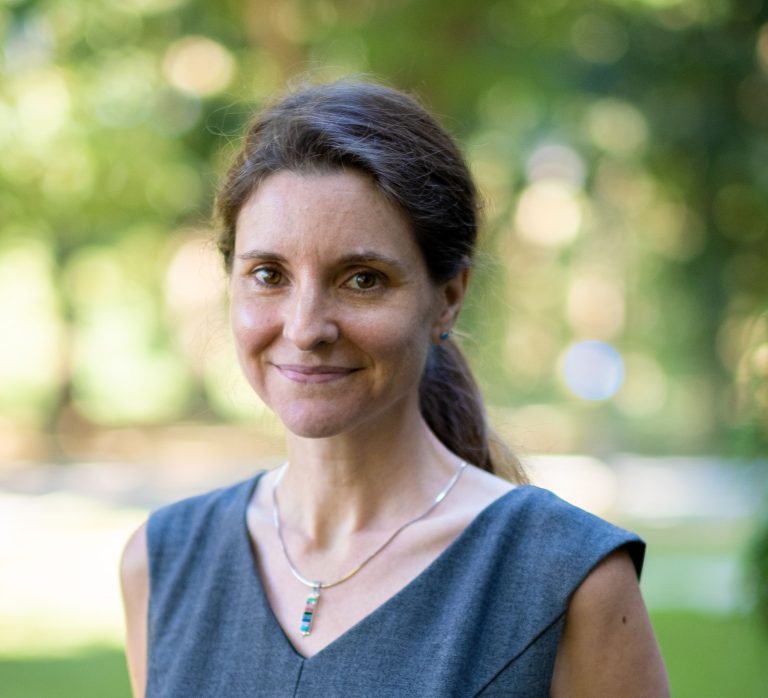Learn About Social Determinants Of Health And economic conditions, affecting the people with Kesha T. Clinkscale

Are you interested in learning about key social determinants of health and economic conditions affecting people? You are at the right place. In today’s episode of the Obehi podcast, you will hear Kesha T. Clinkscale talk about the social determinants of health and economic affecting the people.
Want to learn more about storytelling? Start by downloading the first chapter of The Storytelling Series for Small Businesses.
The social determinants of health and economic determinants are factors and conditions that influence an individual’s health and well-being, primarily by affecting their access to resources, opportunities, and living conditions. These determinants play a crucial role in shaping a person’s overall health outcomes.
See the full podcast episode with Kesha T. Clinkscale
Social Determinants Of Health And Economic
The social determinants of health (SDOH) are conditions in which people are born, grow, live, work, and age that can have a significant impact on their health and well-being. These determinants can vary among different populations, including the African diaspora. Here are five social determinants of health and economics that can affect the African diaspora:
1. Access to Healthcare:
Access to healthcare is a critical determinant of health. Disparities in healthcare access can disproportionately affect the African diaspora. Factors such as limited access to quality healthcare facilities, insurance coverage, and culturally competent healthcare providers can lead to delayed or inadequate care.
2. Socioeconomic Status:
Economic disparities are a significant social determinant of health. Many members of the African diaspora face economic challenges such as unemployment, low income, and limited educational opportunities. These economic factors can lead to poor living conditions, limited access to healthy food, and inadequate healthcare.
3. Discrimination and Racism:
Discrimination and racism are pervasive social determinants of health. People of African descent often face systemic racism and discrimination, which can result in stress, mental health issues, and limited access to opportunities. Discrimination can also lead to negative health outcomes and exacerbate existing health disparities.
4. Cultural and Social Norms:
Cultural and social norms can influence healthy behaviors. Cultural norms may affect diet, exercise, and healthcare-seeking behaviors. In some cases, cultural practices may contribute to positive health outcomes, but in others, they may pose health risks. Understanding and addressing these norms is crucial for promoting better health among the African diaspora.
5. Education and Literacy:
Education is a significant determinant of health, as it affects one’s ability to access information, make informed decisions, and secure stable employment. Limited access to quality education can lead to lower income, limited access to healthcare, and an increased risk of chronic health conditions.
It’s important to note that these social determinants of health are interconnected and addressing one can often have positive effects on others.
Efforts to improve health outcomes for the African diaspora should involve addressing these determinants through policies, healthcare access, education, and initiatives aimed at reducing discrimination and inequality.
About the guest – Kesha T. Clinkscale
A native New Orleanian, Kesha is a graduate of Tulane University where she studied Exercise Science/Sports Medicine and African and African Diaspora Studies.
In 1998, she used these areas of concentration to write an award-winning proposal giving her the unique opportunity to travel to South Africa and conduct research on women athletes. While in South Africa, she also worked with the Border Institute of Primary Healthcare, a non-governmental organization that promotes HIV/AIDS awareness throughout the Eastern Cape.
Upon her return to the United States, Kesha has served intently in the nonprofit and philanthropic sectors. In 2007, she earned a master’s degree in Public Administration with a concentration in nonprofit management from Troy University.
In 2022, she completed a master’s degree program in Health Administration from Louisiana State University, Shreveport. With over 20 years of experience, Kesha has held various leadership positions with national philanthropic and nonprofit organizations including the American Cancer Society, American Red Cross, Boys and Girls Clubs of America, and the Ted Turner Family Foundation.
Currently, Kesha is the Vice President, of Culture and Wellness with Habersham Medical Center. In this role, she provides strategic oversight to a wide range of departments including Human Resources, Marketing, Occupational Health, Wellness, Compliance, Regulatory Services, Physicians Practices, and Philanthropy.
Kesha is also the Executive of the hospital’s charitable foundation. Kesha and her husband, Randy, love and adore their two children.
Kesha enjoys yoga, running marathons, and traveling around the world with her family experiencing new cultures through authentic, immersion experiences.
Learn More About Obehi Podcast
Obehi Podcast brings you leaders and experts from different industries to share their experiences, relating to the African diaspora, business, and storytelling. Listen to Obehi Podcast across different platforms: Spotify, Apple Podcast, YouTube, and much more.
Want to learn more about storytelling? Start by downloading the first chapter of The Storytelling Series for Small Businesses.





